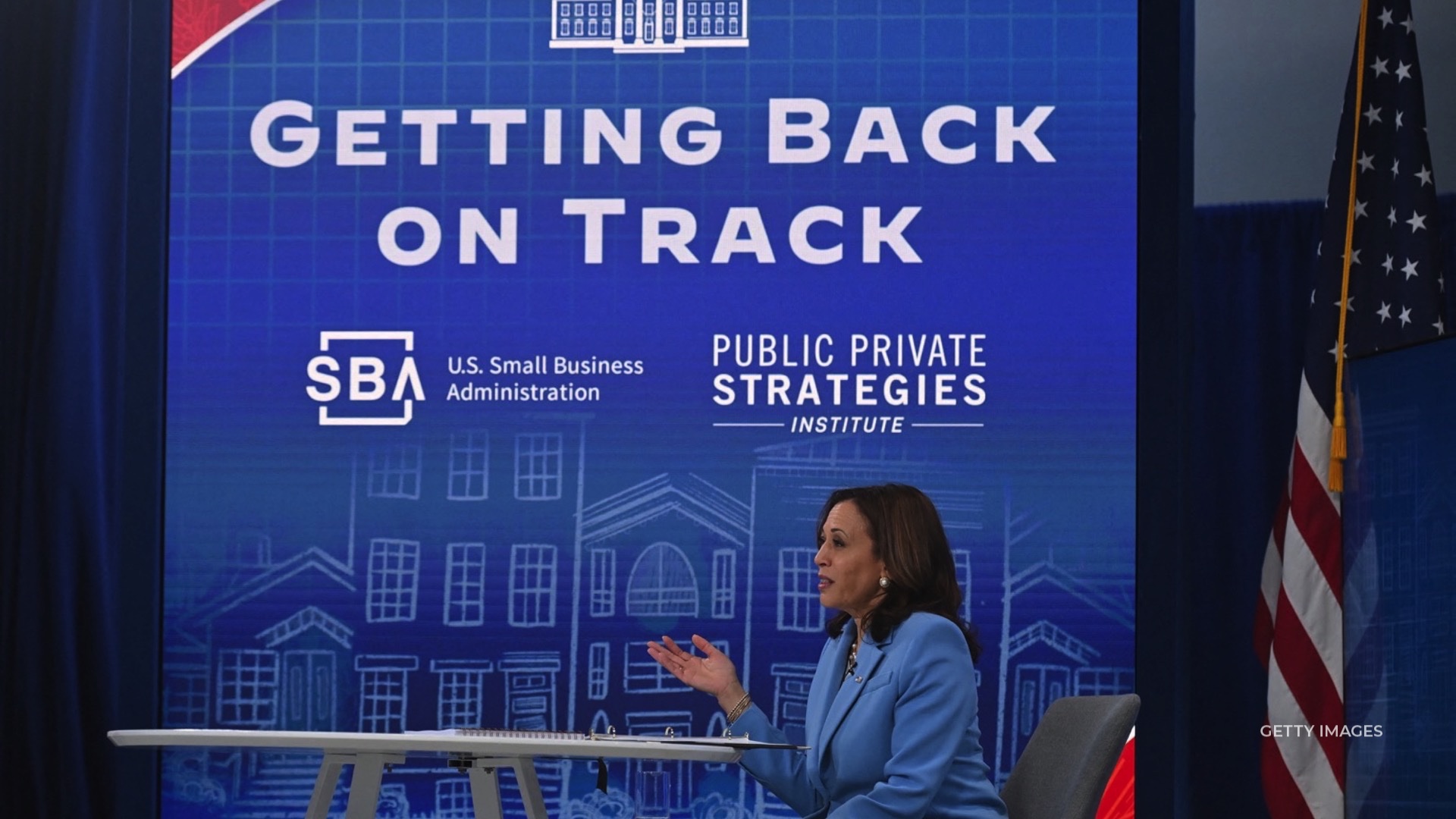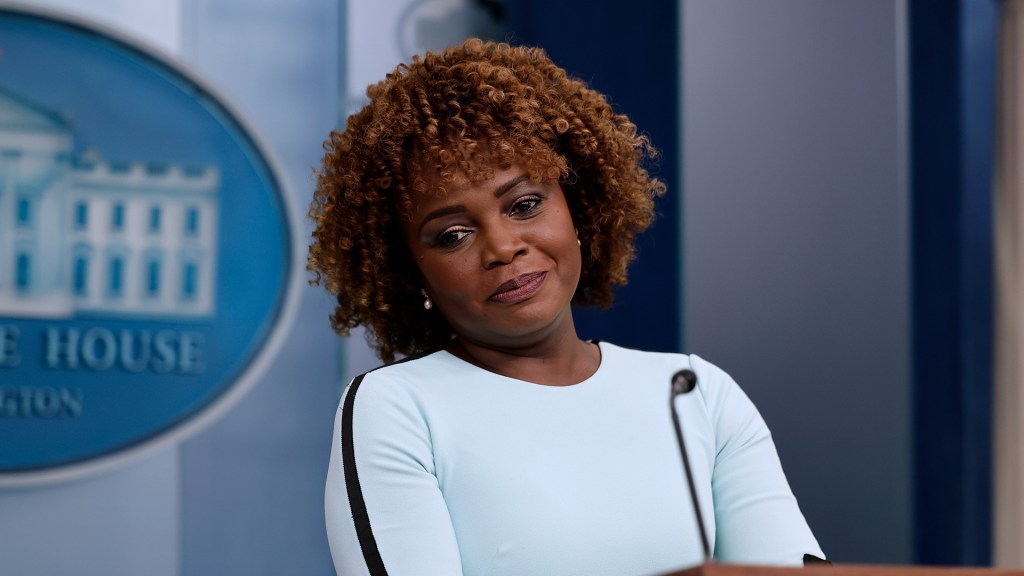
Kamala Harris, U.S. Vice President: “I strongly believe that when someone starts a small business, it is a true act of self-determination. A small business owner must have a vision and through hard work and support, realize that vision, which, of course, helps determine not only their future but the future of their community.”
“Small businesses keep our nation competitive. You know, the president and I spent a lot of time thinking about our relationship with our allies and and even our adversaries around the world. And one of the great points of emphasis for us is that we must remain competitive. Well, you are a big part of the formula for how we will do that.”
“In fact, we learned today in the first half of this year, our economy has grown at the fastest rate in nearly 40 years. That’s a good sign. And to build on this growth, our administration recognizes that small business owners need more than just relief. They need more than only relief. They need more than relief. And in particular, an area that I focused on, as the administrator has said, is on what small businesses need also in terms of access to capital.”
“So yesterday, the Senate voted to advance a bipartisan infrastructure deal and 67 senators voted in favor of moving the deal forward. Republican senators and Democratic senators and the bipartisan infrastructure deal will improve the lives of people in our country and the strength of our small businesses.”
“It’s a point of pride that it was a bipartisan deal, because I don’t need to tell you all small businesses the, the contribution they make to communities and the challenges they face really don’t have much to do with who they voted for in the last election or will in the next election has to do with what they need to do on the ground every day to actually be successful and add value to their communities.”
“So our infrastructure as a nation needs an upgrade and the bipartisan infrastructure deal for that reason is, we believe, historic because it will make a once in a generation investment in our nation’s infrastructure, positioning our small businesses to compete in the 21st century.”






